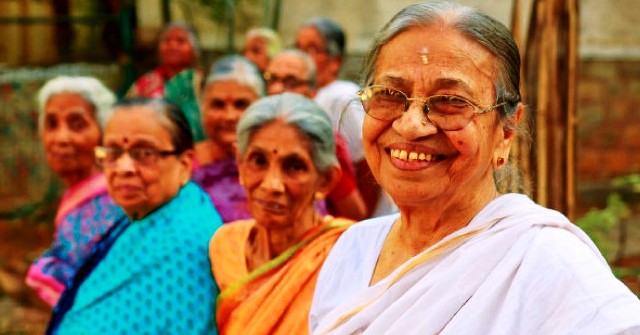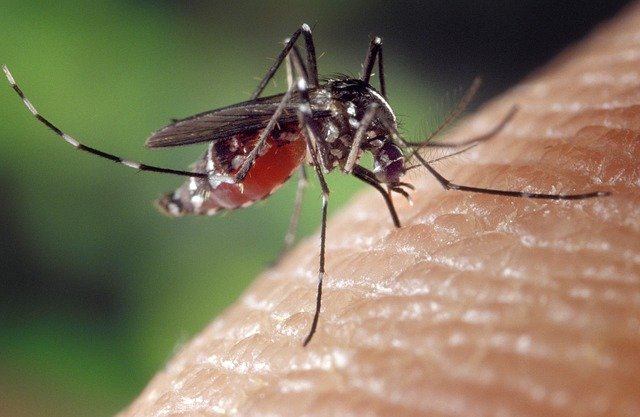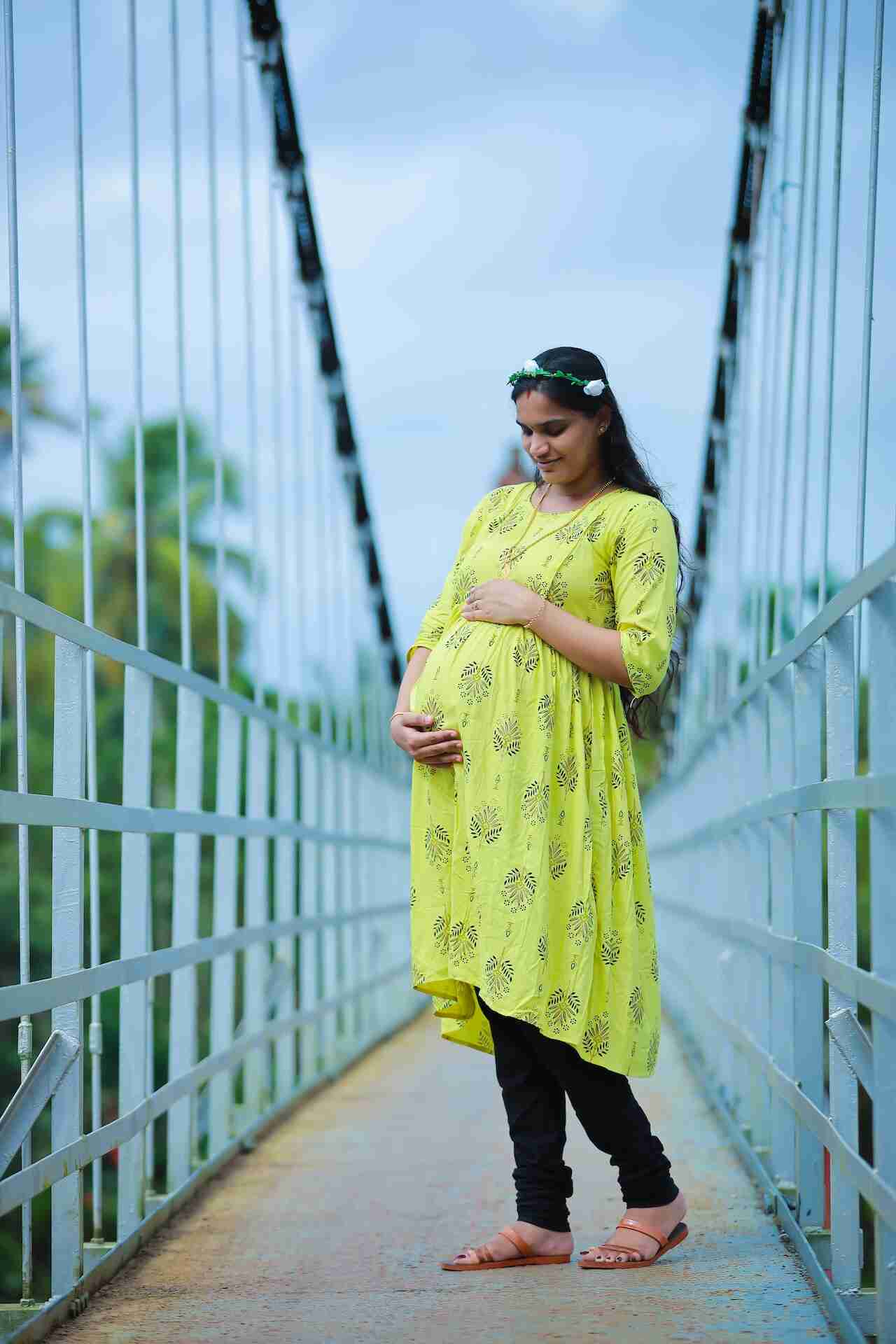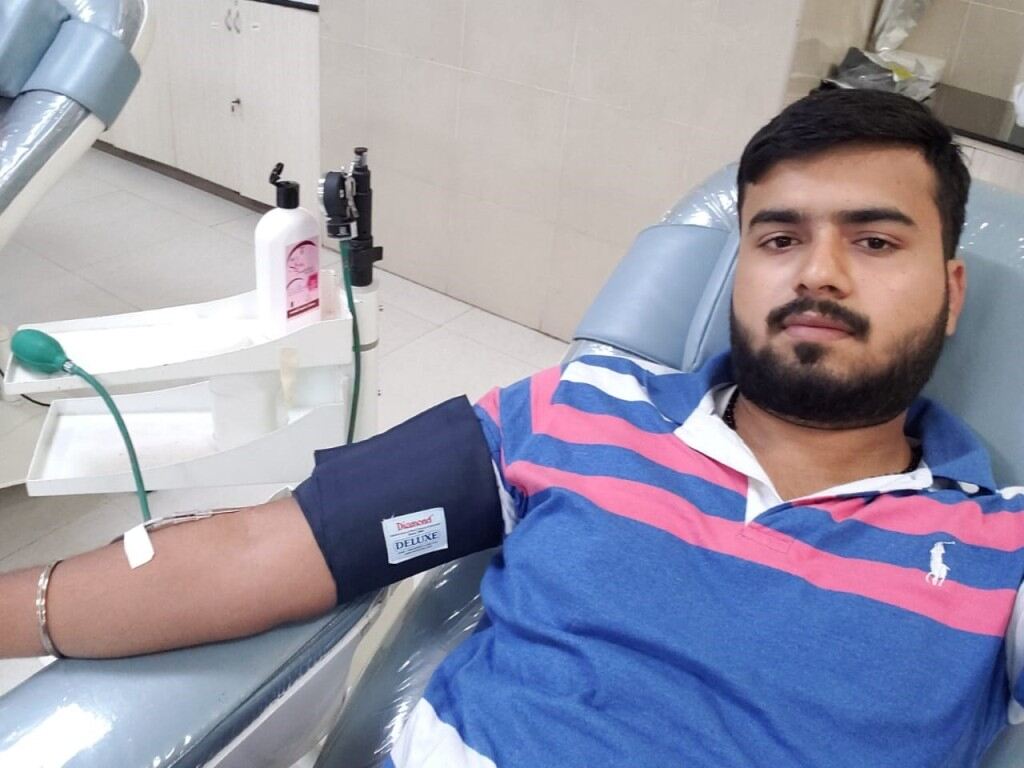Did you know that you cannot wake up one morning saying “I will donate blood” and walk into your nearest hospital or blood donation camp? There are guidelines and health conditions which make you eligible or ineligible for blood donation.
World Blood Donor Day is observed on the 14th of June every year across the world to raise awareness of the need for safe blood and blood products and to thank voluntary, unpaid blood donors for their life-saving gifts of blood. World Blood Donor Day is celebrated on the birth anniversary of Karl Landsteiner, who discovered the ABO blood group system. According to the World Health Organization (WHO), the World Blood Donor Day theme for this year is ‘celebrating 20 years of giving: thank you blood donors!’
Blood donation serves to give patients access to safe blood and blood products in adequate amount, blood being a major component of our body. Blood donation is an unselfish act as we often donate blood for people who we do not know. However, a person willing to donate blood has to fit into certain criteria for being eligible. This is the reason why a thorough health check-up is done before blood donation to ensure the donor’s well-being.
On World Blood Donor Day, let us learn about the eligibility criteria for blood donation in India.
Age, sex and general health
To be able to donate blood a person should be aged between 18 and 60 years

Any Gay or Transgender person is ineligible to donate blood in our country. India has had an official ban on blood donations by transgender persons since 2017. Transgender persons, gay men and female sex workers are considered to be a high-risk HIV/AIDS category and prohibit them from donating blood.
The donor’s Haemoglobin count should not be less than 12.5 g/Dl. A test will be administered at the donation site. In many countries, a haemoglobin level of not less than 12.0 g/dl for females and not less than 13.0 g/dl for males as the threshold, informs World Health Organization (WHO).
The donor’s Pulse rate should be between 50 and 100/minute with no irregularities
The donor’s Blood Pressure should be 100-180 mm Hg for Systolic and 50 – 100 mm Hg for Diastolic
The donor’s body temperature should be Normal – 98.6 degrees Fahrenheit with oral temperature not exceeding 37.5 degrees Celsius
Additional requirements
A person donating blood should not have been treated for Rabies or received Hepatitis B immune vaccine in the past one year.
A person willing to donate blood should not get a tattoo, ear or skin piercing or acupuncture in the past six months.
Donor should not have received blood or blood products in the past six months.
Donor should not have any serious illness or undergone any major surgery in the past six months.
Donor should not come in contact with any person with hepatitis or yellow jaundice in the past six months.
Donor should not have donated blood in the past three months.

Donor should not have undergone treatment for Malaria in the past three months.
Donor should not have had any immunizations in the past one month.
Donor should not have taken any antibiotics or any other medications (Allopathic or Ayurveda or Sidha or Homeo) in the past 48 hours.
Donor should not have consumed alcoholic beverages in the past 24 hours.
Donor should not have taken aspirin in the past 72 hours.
Donor should not have undergone any dental procedure in the past 72 hours. If you have visited the dentist for a minor procedure you must wait 24 hours before donating; for major work wait a month, says World Health Organization (WHO).



